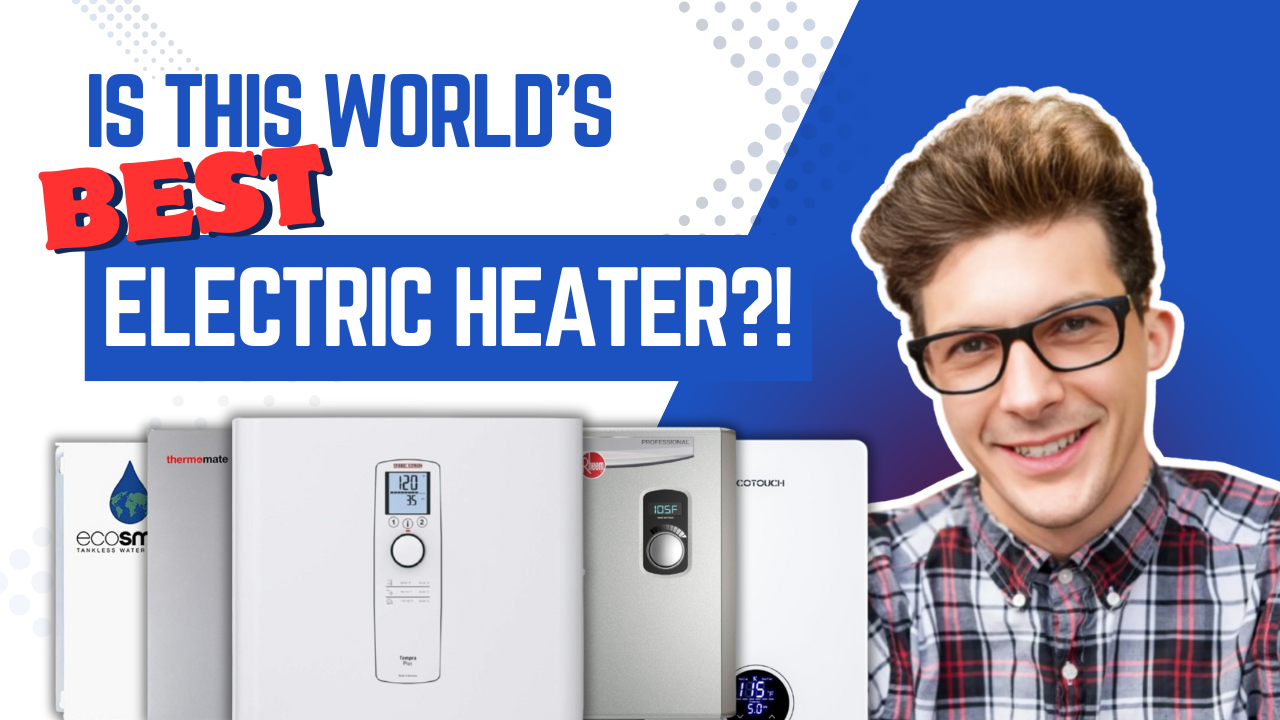
Heya! if you’re thinking about switching to an electric tankless water heater, you’re likely in one of two camps: either your old system is on its last legs, or you’re eyeing a more efficient, space-saving solution—maybe even planning an off-grid setup.
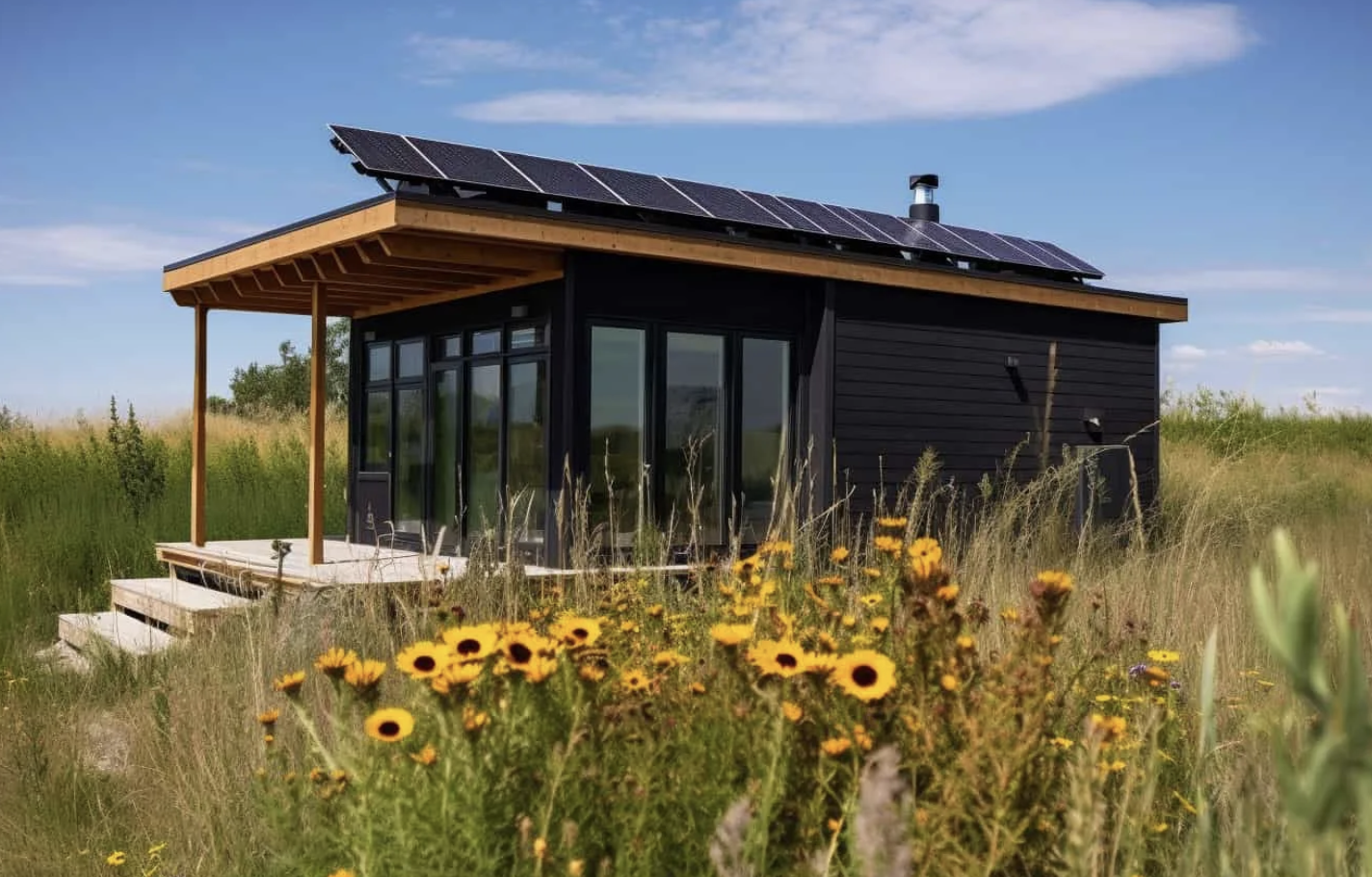
I’m Adam Miller, and after years of installing everything from bulky gas heaters to compact electric models, I’ve seen why the niche of choosing electric tankless water heaters is gaining ground. For folks wanting a reliable, eco-friendly option that pairs well with solar power, electric tankless heaters are worth a serious look.
Here are my top picks in no particular order:
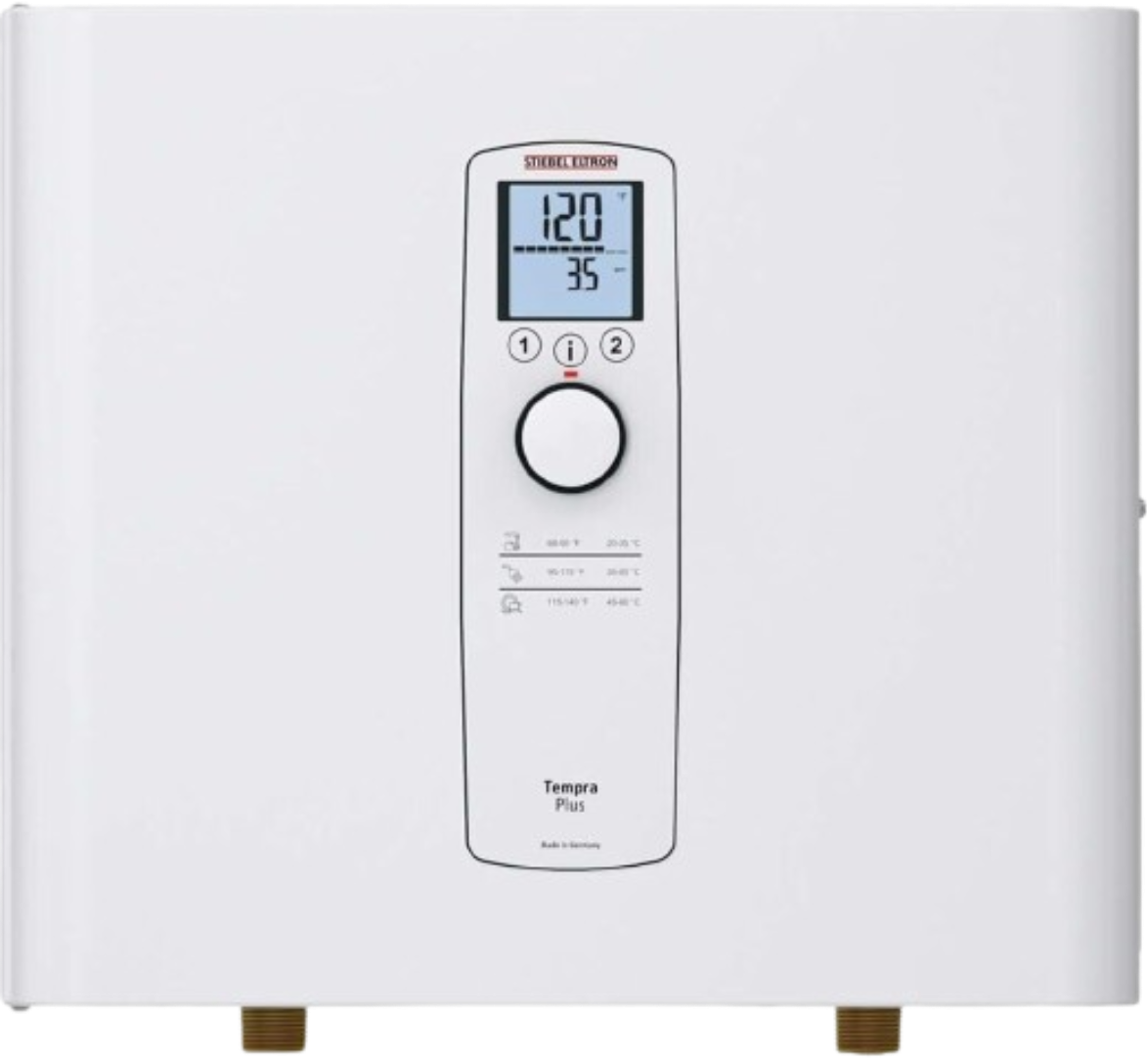
Stiebel Eltron Tempra Plus electric tankless water heater – solid efficiency, quietness and reliability
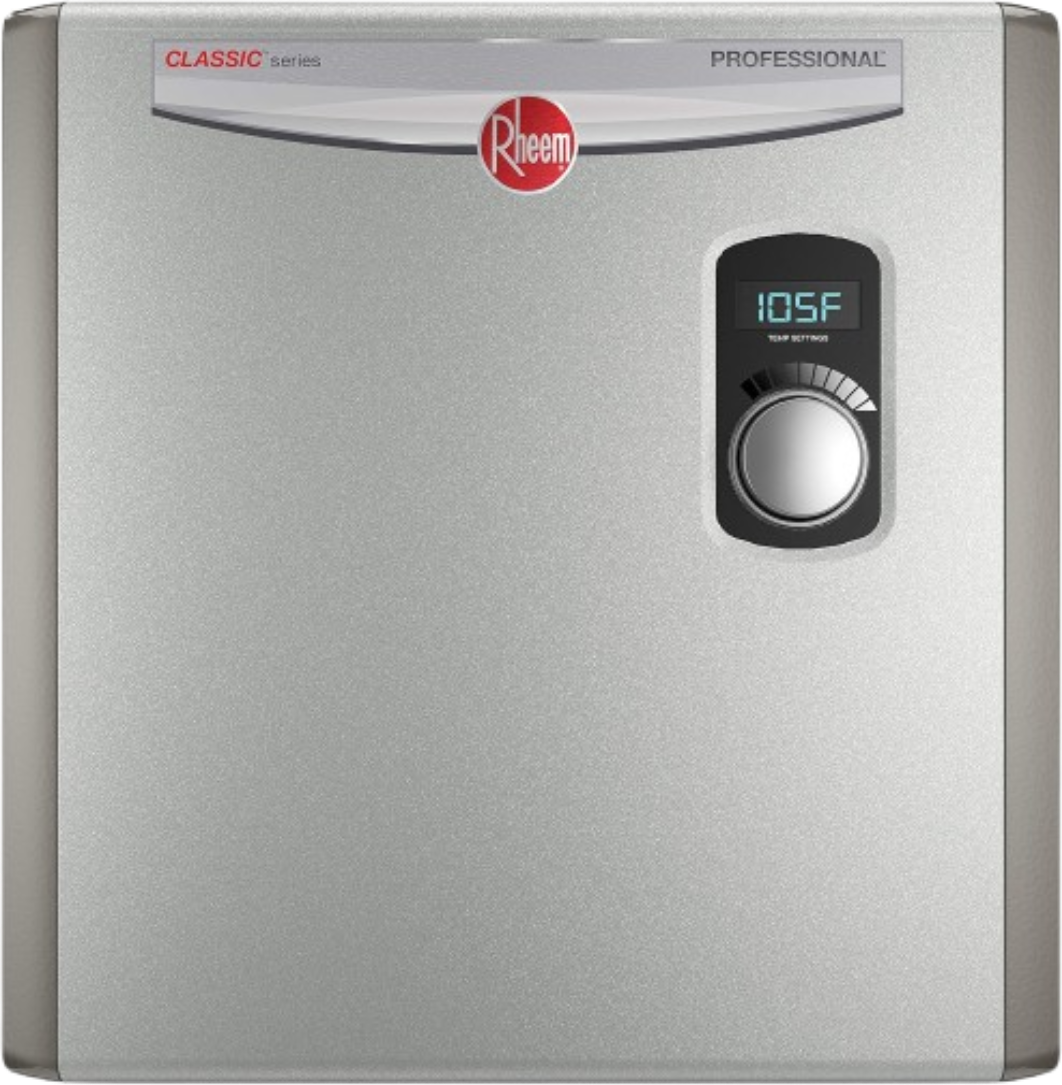
Rheem RTEX-24 electric tankless heater – supports up to 5.9GPM, perfect for larger families
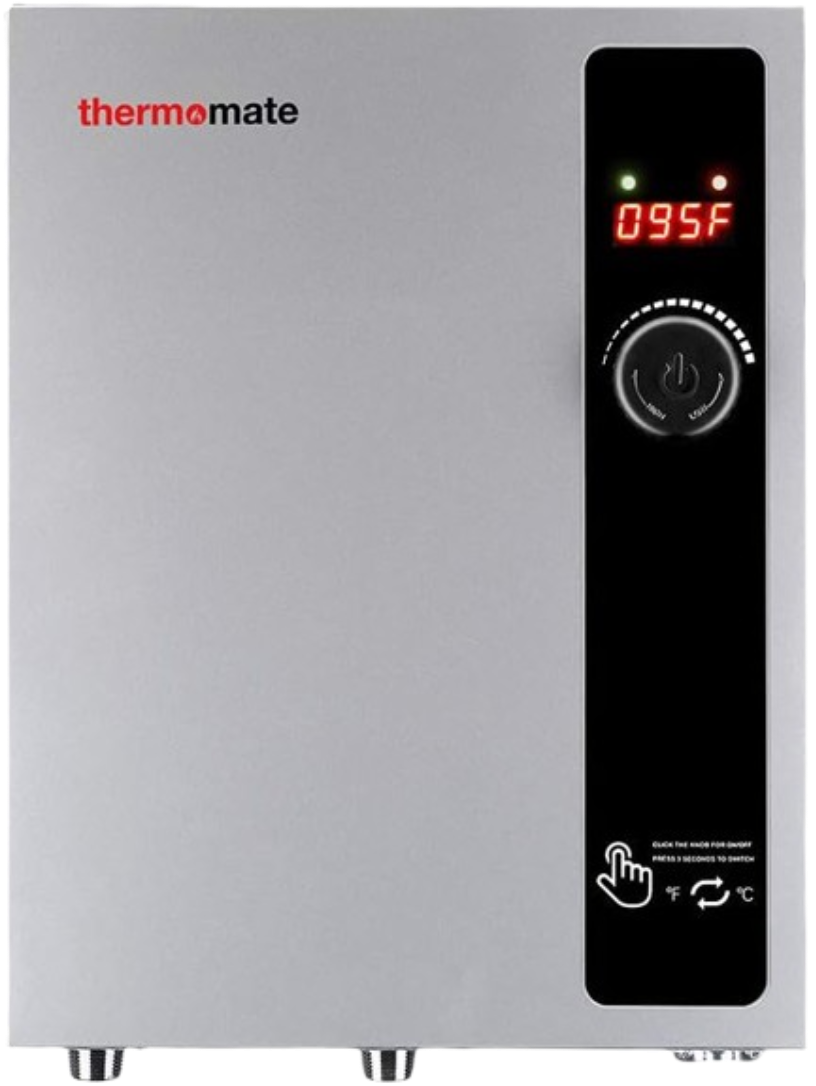
thermomate 18kw Electric Tankless Water Heater – Inexpensive and functional
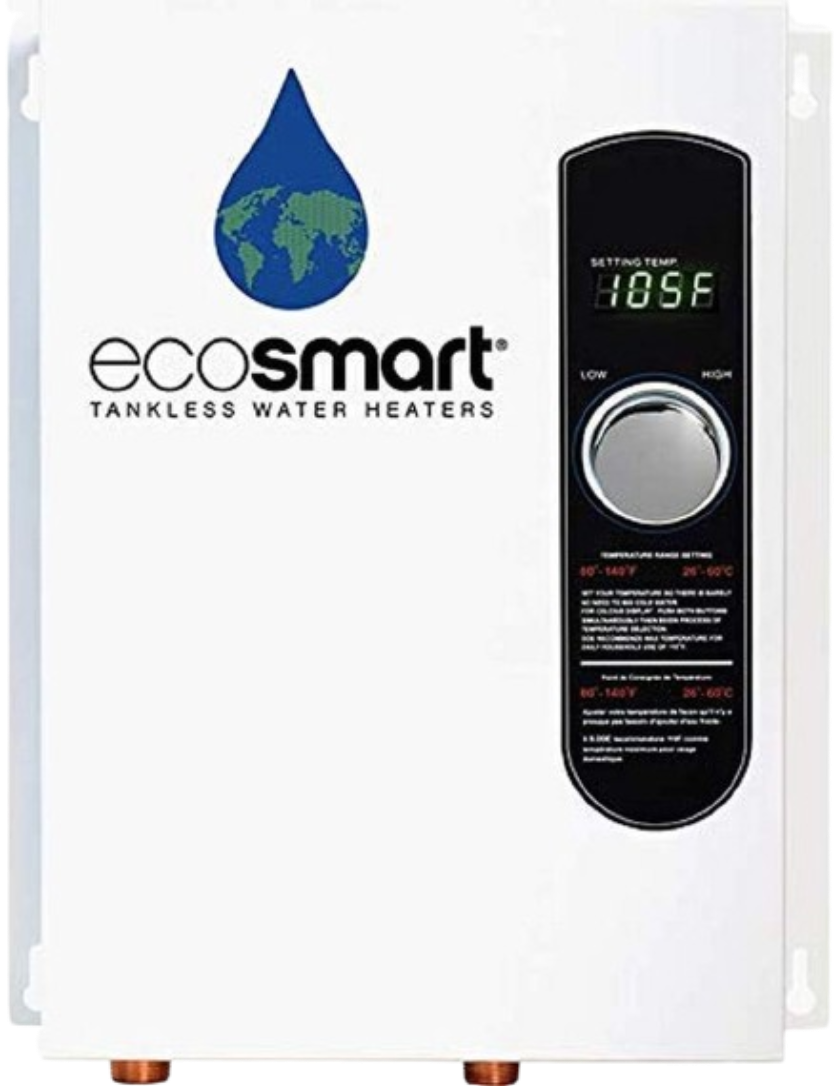
EcoSmart ECO 18 Electric Tankless Heater – All the functionality in only 14 pounds!
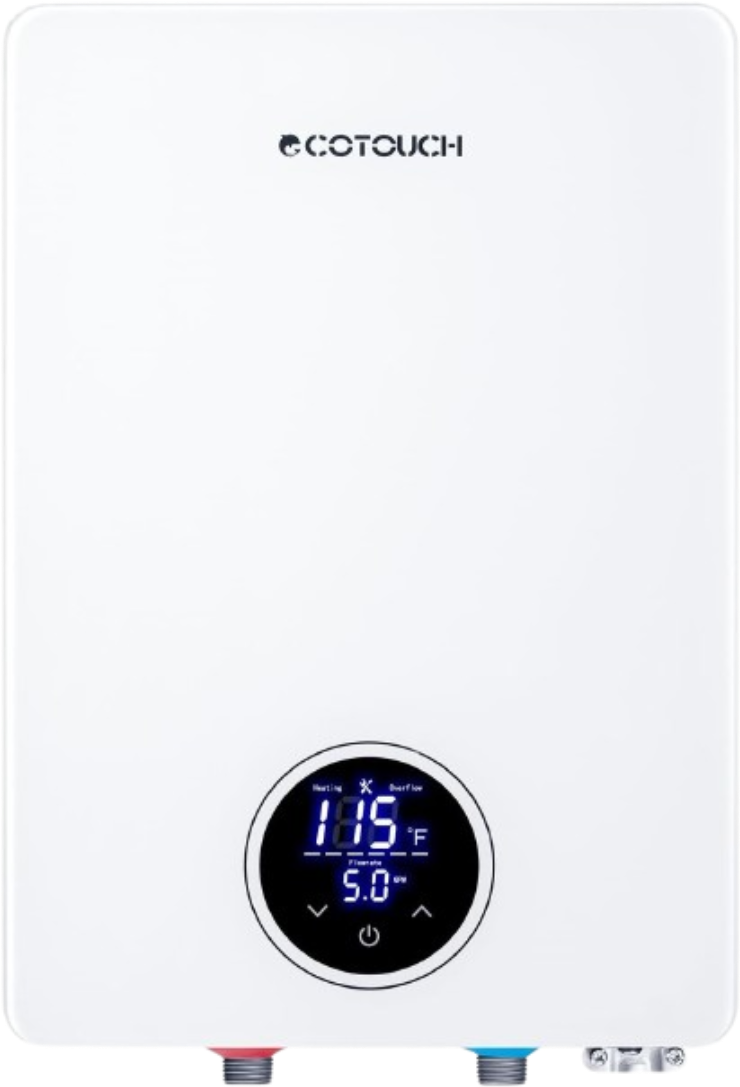
ECOTOUCH 27kW Electric Tankless Water Heater – Space saving with powerful heating capabilities
What to Know Before Switching to Electric
Switching to an electric tankless water heater can be a game-changer, but it’s not the right choice for everyone. Here are a few key things to keep in mind before making the switch:
Electrical Requirements
Most electric tankless water heaters require a significant amount of power. Ensure your home’s electrical panel can handle the load—many units need a 200-amp service. If your panel isn’t up to par, you might need an upgrade, which could add to your installation costs.
Water Flow and Temperature Rise
Electric units work best in areas with mild climates or where the incoming water isn’t too cold. If you live somewhere with icy winters, you might need a unit with a higher GPM (gallons per minute) or consider a hybrid solution.
Solar Compatibility
While electric tankless systems can pair with solar setups, keep in mind that powering one reliably requires a robust solar array and battery system. This can be costly, so weigh the upfront investment against long-term savings carefully.
How to Determine If an Electric Tankless Water Heater Is Right for You
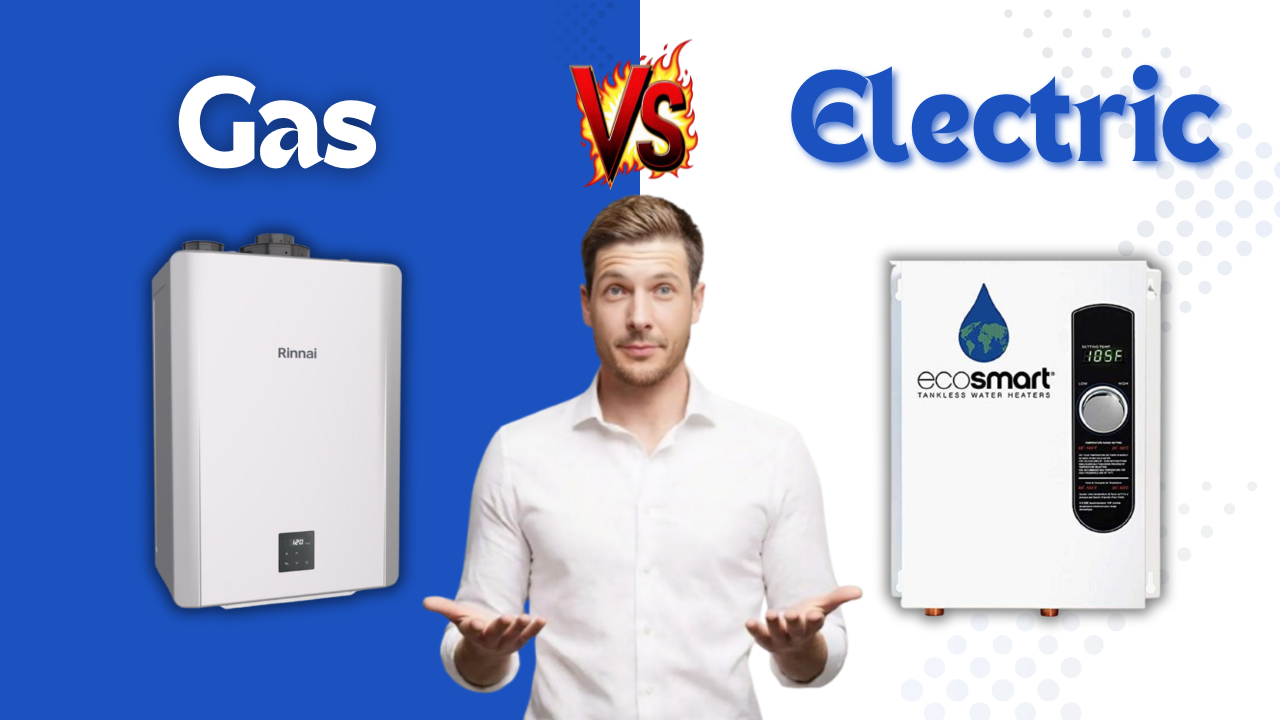
Electric tankless water heaters are ideal for specific scenarios. Here’s how to decide if one fits your lifestyle:
You Have Limited Space
These units are compact and can be wall-mounted, making them perfect for small homes, apartments, or even RVs.
You Want Lower Maintenance Costs
Compared to gas models, electric heaters often have fewer moving parts, leading to lower upkeep costs.
You Live in a Warm Climate
They’re most efficient in regions where incoming water temperatures don’t require a massive boost to get hot. I know folks in North Florida, near Jacksonville, who use a 40-amp electric tankless heater in a three-bed, two-bath home. They can run two showers year-round without issues, even on a 150-amp service.
You’re Looking to Lower Carbon Emissions
If your home is already running on clean electricity or you’re considering a solar setup, an electric unit can reduce your environmental footprint.
If these factors match your situation, an electric tankless water heater could be the perfect fit. Otherwise, explore other solutions like gas tankless heaters or hybrids.
Frequently Asked Questions (FAQs)
Hey, I’m Adam Miller. After years of crawling through cramped basements fixing water heaters (and discovering some pretty questionable DIY attempts), I figured it was time to share what I’ve learned in a way that doesn’t involve me getting covered in dust. I started this site to help you make sense of the whole tankless water heater thing—whether you’re tired of cold showers or just want to save a few bucks on your energy bill. I like to keep things simple, practical, and if I can throw in a bad joke or two along the way, even better!